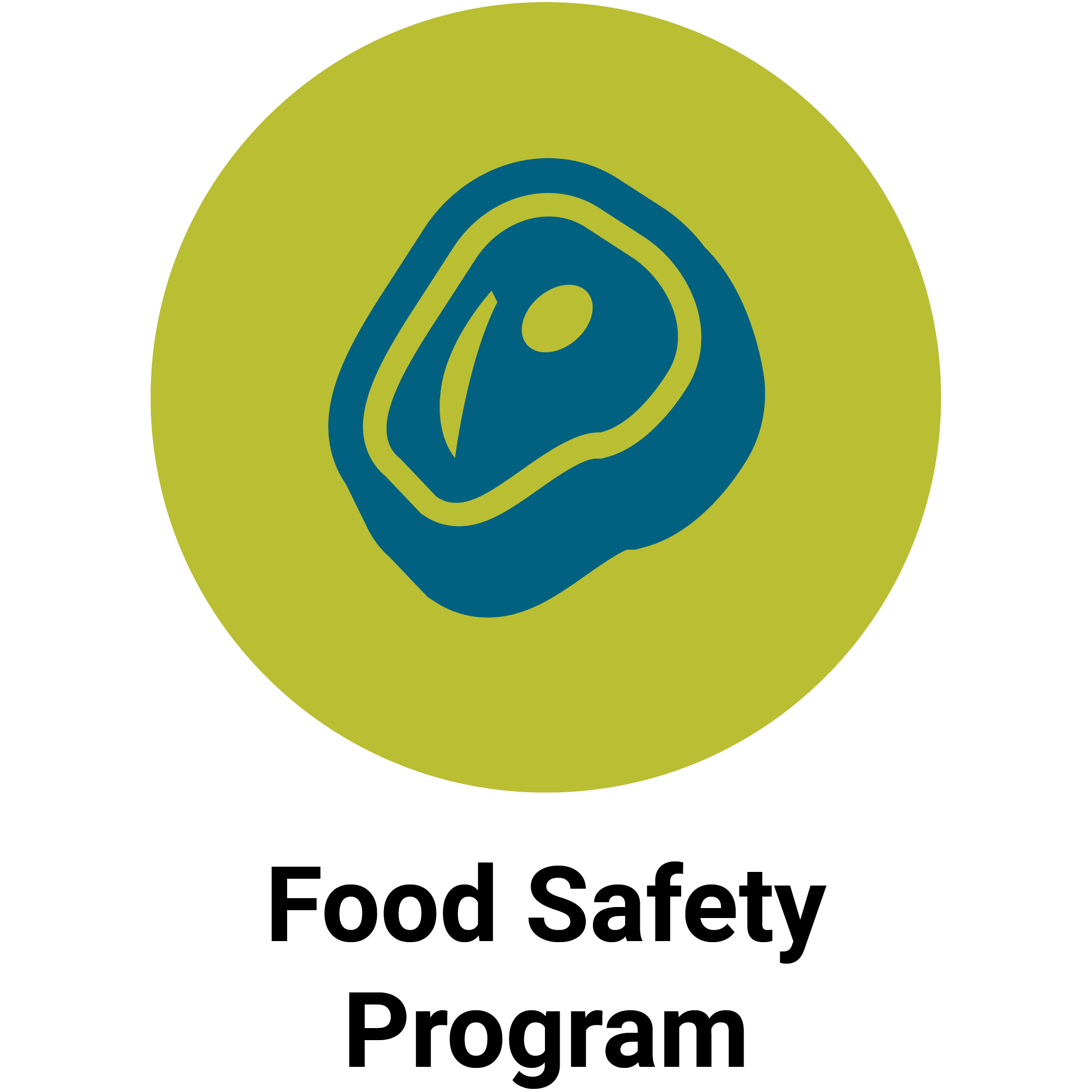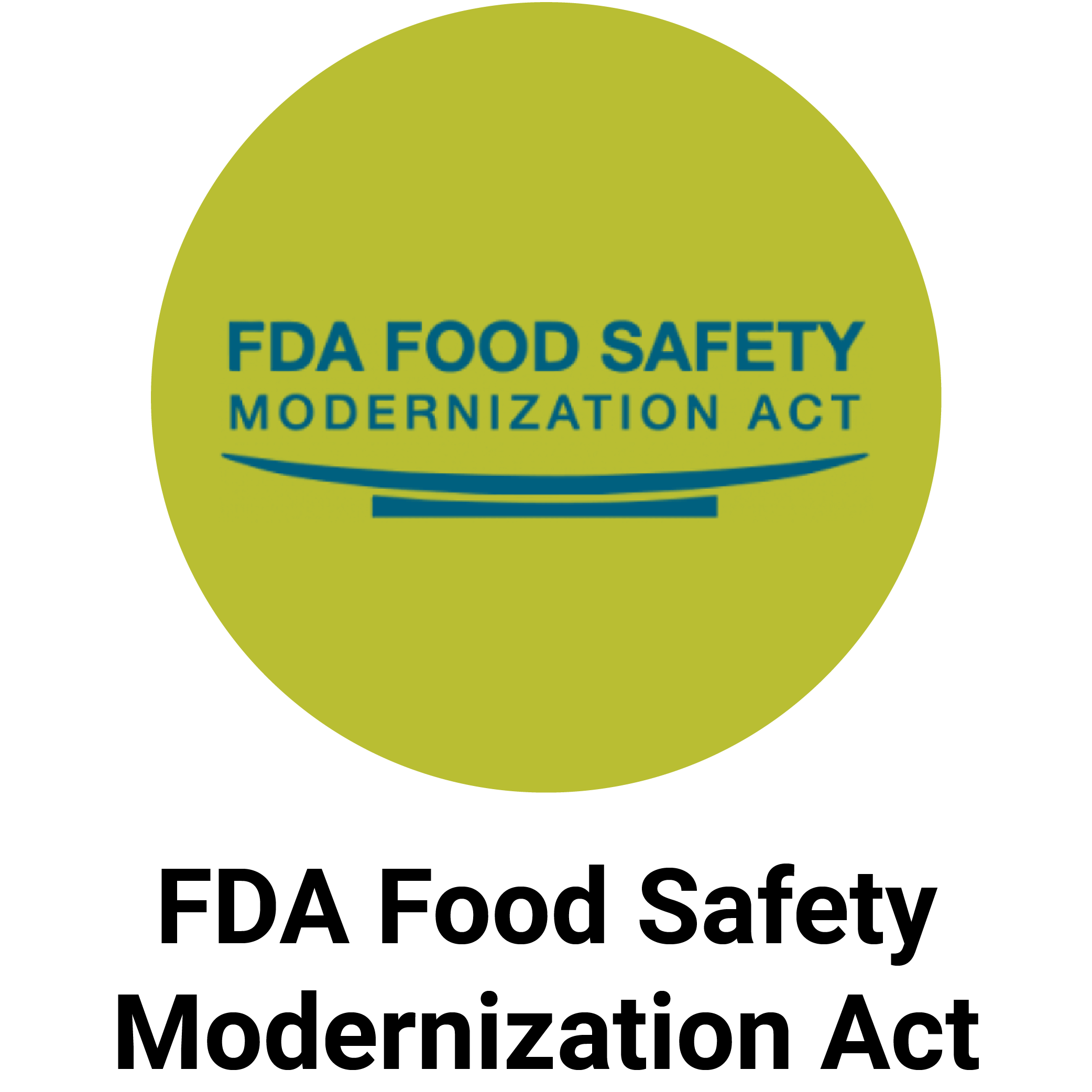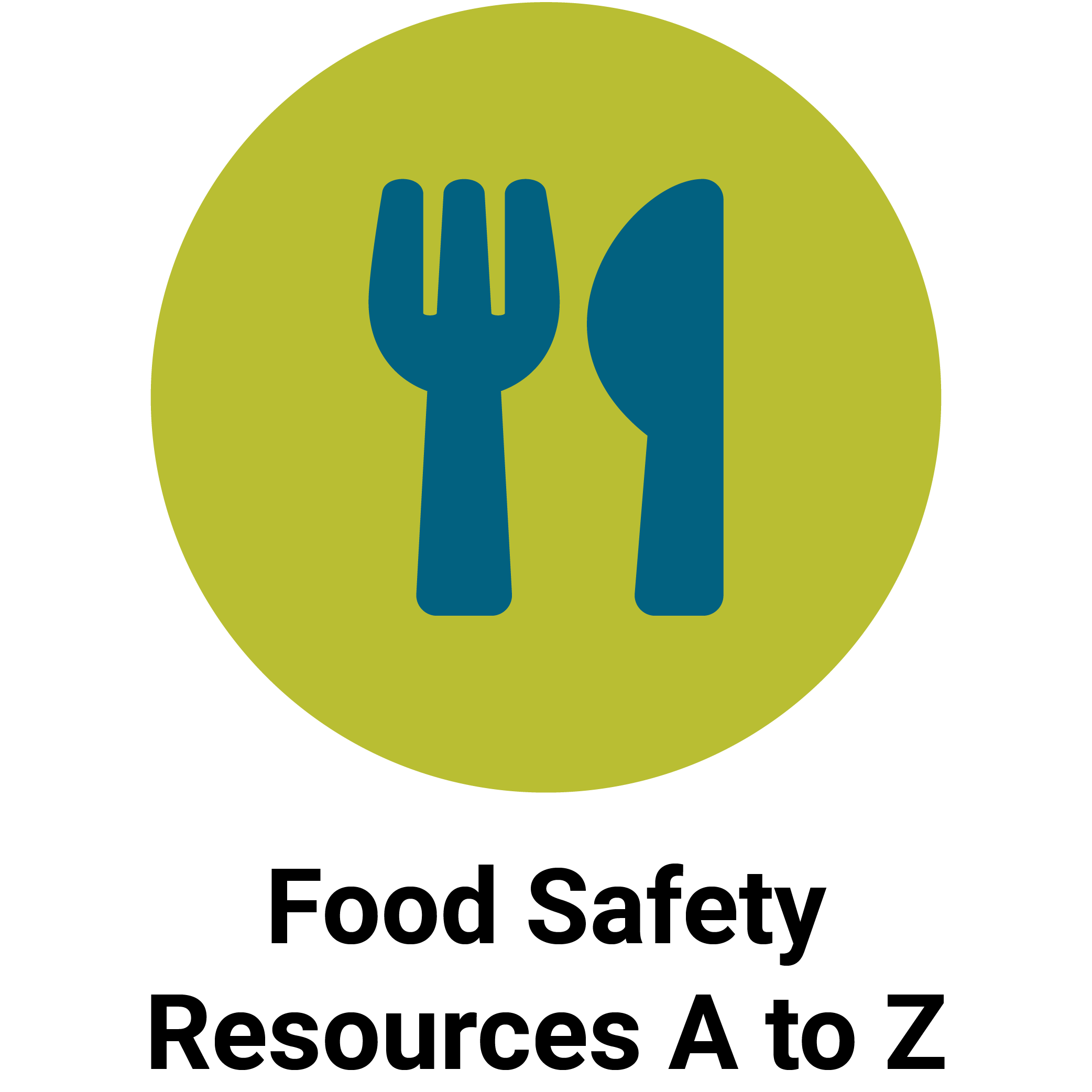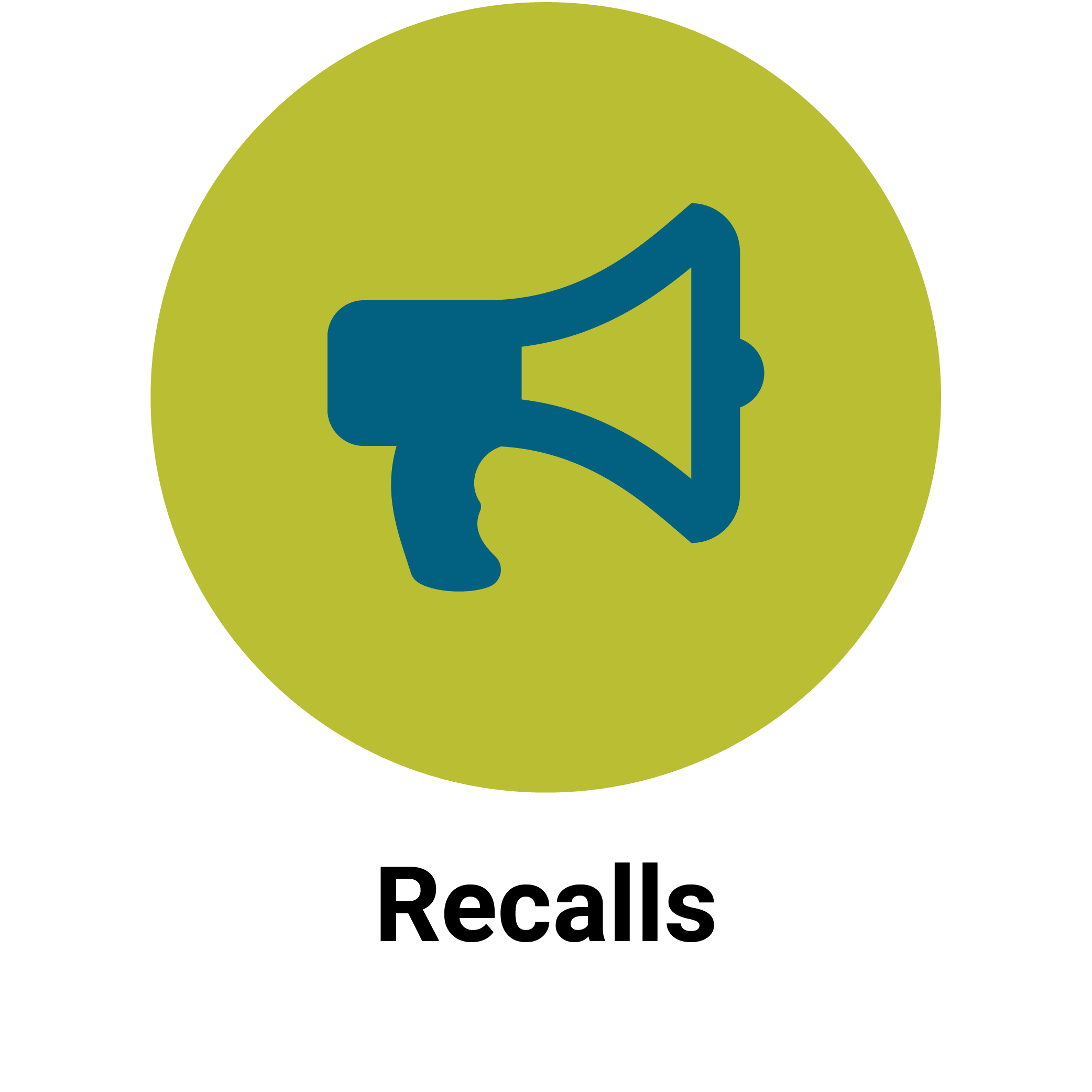Everyone, from the farmer to the consumer, has a role in keeping food safe. Protecting the safety of our food supply is a huge responsibility. Throughout Nebraska, the Department of Agriculture and local health departments regulate more than 10,500 food establishments and food processing plants. Routine and follow-up inspections are conducted to assure that these facilities are preparing, handling, serving and/or storing food that is safe for consumption.
In addition, technical assistance and training on food safety issues to the foodservice industry is provided. Personnel also provide information to consumers on safe food handling practices, including personal hygiene, food preparation and food storage. It is through regulation and education that NDA will decrease the incidence of foodborne illness.
Safe food handling begins at production and continues through the preparation process.
There are things you can do to keep the food you handle and prepare safe for you and your family to eat. To find resources on important topics like temperatures, handwashing and cross-contamination, click here.
A food allergy is a medical condition in which exposure to a certain food triggers a harmful immune response. The immune response is called an allergic reaction, and the proteins that trigger the reaction are called allergens.
Although many food ingredients are capable of causing allergic reactions, major food allergens include milk and milk by-products, eggs, legumes (peanuts and soy), tree nuts, wheat, fish, sesame, crustaceans and shellfish. For a more detailed list of allergens, click here.
Like with any emergency, it pays to be prepared. All circumstances are different but having a food allergy and anaphylaxis emergency care plan can possibly save a life. FARE's Food Allergy & Anaphylaxis Emergency Care Plan, formerly the Food Allergy Action Plan, outlines recommended treatment in case of an allergic reaction, is signed by a physician and includes emergency contact information. Keep your plan in a place where others can find it, and make sure you and others understand what to do in case of an emergency. Download the plan here.
What is foodborne illness? What are the risk factors that contribute to foodborne illness?
People play an important role in food safety. It’s important to understand how to properly handle and prepare foods to decrease the risk of foodborne illness. The Nebraska Department of Agriculture has a detailed list of questions and answers on food safety and foodborne illnesses. Click here for more information.
Today, Americans eat from the safest food supply in the world. The Nebraska Department of Agriculture helps ensure your food is produced and sold in a safe manner. NDA also provides information to consumers on proper handling and preparation of foods to help you avoid food borne illnesses.
View current recalls of Nebraska made/distributed products and recalls affecting Nebraska consumers.
For further information about recalls for products not distributed in Nebraska, please check the United States Department of Agriculture or the Food & Drug Administration websites.
Why recall foods?
A recall is initiated by a food manufacturer or distributor to remove product from commerce when there is reason to believe it may be adulterated or misbranded.
How are food recalls classified?
Recall classification means the numerical designation (1, 2 or 3) assigned to a particular product recall to indicate the relative degree of health hazard presented by the product being recalled.
What do the recall classifications mean?
- Class 1 recall: A situation where reasonable probability exists that the use of, or exposure to, a violative product will cause serious adverse health consequences or death.
- Class 2 recall: A Situation in which the use of, or exposure to, a violative product may cause temporary or medically reversible adverse health consequences or where the probability of serious adverse health consequences is remote.
- Class 3 recall: A Situation in which the use of, or exposure to, a violative product is not likely to cause adverse health consequences.
File a Complaint About a Food Business
For a complaint regarding a food business regulated by the Nebraska Department of Agriculture Food Safety and Consumer Protection, please call 402-471-3422.
Regulated food businesses include supermarkets and grocery stores, convenience stores, coffee shops, bakeries, retail meat markets, juice and smoothie bars, bottled water plants, ice and water vending machines, bars, all food processing plants, food warehouses, food salvage operations, and mobile food units selling only prepackaged foods or non-potentially hazardous food items.
Contact Us
Need information about opening and operating a food establishment? Contact the Food Safety and Consumer Protection program.
Nebraska Department of Agriculture
Food Safety and Consumer Protection
PO Box 94947
Lincoln, NE 68509
Phone: 402-471-3422




